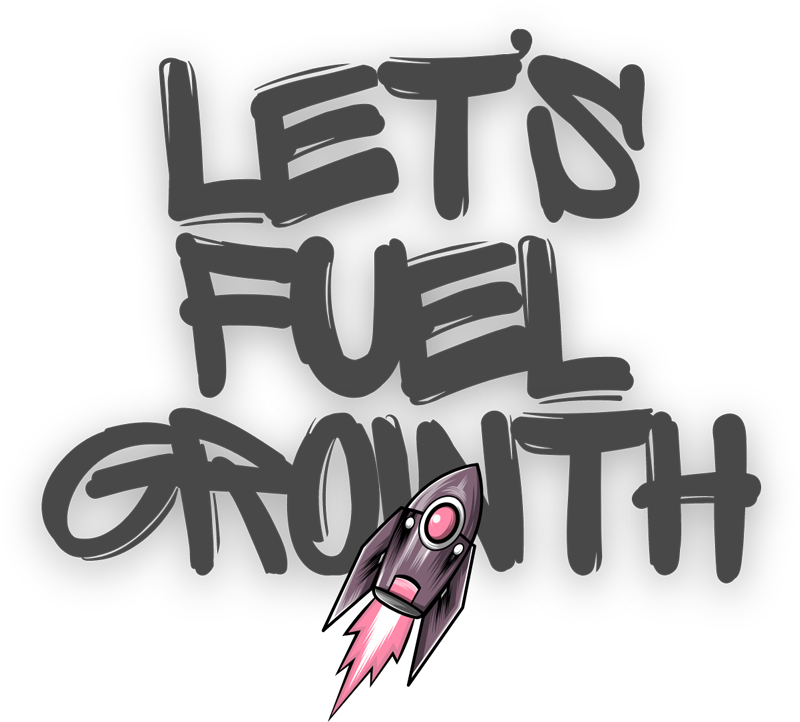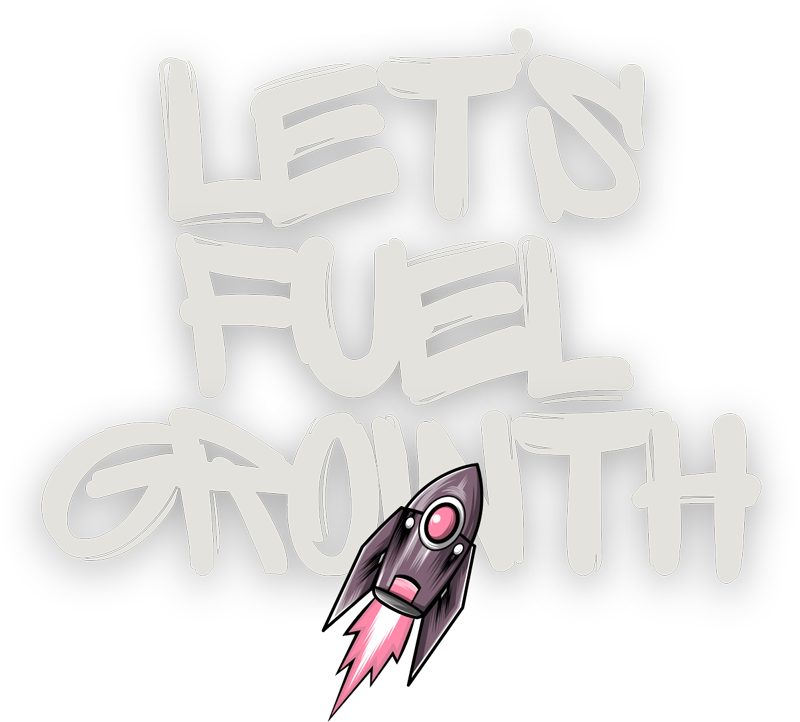The Most Effective Relapse Prevention Group Activities for Recovery
Intro: Healing Through Connection and Purpose
Recovery is not a destination; it’s an ongoing journey of growth, courage, and community. Every person in recovery deserves tools that help them stay grounded, resilient, and connected. One of the most effective ways to achieve this is through relapse prevention group activities.
At Let’s Fuel Growth, we believe recovery flourishes when action meets purpose. Whether it’s a guided mindfulness session, a leadership trek in the Himalayas, or a local volunteer project, every shared experience fuels emotional strength and collective healing.
In this blog, we’ll explore the most effective group activities for relapse prevention, backed by wellness science and real-world recovery experiences.
Why Group Activities Are Essential in Relapse Prevention
Relapse prevention isn’t just about saying “no” to old habits, it’s about building a lifestyle of awareness, balance, and connection.
Group activities play a vital role because they:
- Create belonging: Participants realize they’re not alone in their struggles.
- Build accountability: Consistent check-ins promote personal responsibility.
- Develop coping skills: Structured exercises teach emotional management.
- Restore purpose: Contributing to something bigger reignites motivation.
When recovery becomes a shared experience, it transforms isolation into empowerment, and that’s where lasting healing begins.
1.Mindfulness and Grounding Circles:
Mindfulness-based relapse prevention activities help individuals stay present, calm, and aware of early emotional triggers. These sessions may include:
- Guided breathing or visualization exercises
- Gratitude journaling and reflection
- Gentle yoga or sensory grounding activities
At Let’s Fuel Growth, mindfulness is woven into our adventure events, encouraging participants to reconnect with both body and mind.
2. Relapse Scenario Workshops and Role-Play
Role-playing is a powerful tool for developing practical coping skills. In these sessions, participants act out real-life scenarios, such as facing a trigger or high-stress moment, and discuss effective strategies to respond.
Key benefits include:
- Recognizing the emotional, mental, and physical stages of relapse
- Building communication and decision-making confidence
- Strengthening empathy and group support
These workshops turn knowledge into muscle memory, empowering individuals to act with awareness when challenges arise.
3. Creative Expression and Storytelling Groups
Art, writing, and storytelling offer powerful outlets for emotional release. They help participants process trauma, rediscover their identity, and celebrate progress.
Examples include:
- “Letter to My Future Self” journaling workshops
- Recovery vision boards or community murals
- Music, poetry, or photography projects
These creative experiences remind participants that healing is more than sobriety, it’s rediscovering joy, self-expression, and connection.
4. Outdoor and Adventure-Based Recovery Activities
Adventure therapy transforms recovery into a journey of courage and teamwork. Activities can include:
- Nature hikes, treks, or mountain climbs
- Yoga and mindfulness in the wilderness
- Team challenges and leadership expeditions
Outdoor recovery activities combine physical movement with mindfulness, proving that healing can be powerful, active, and life-affirming.
At Let’s Fuel Growth, expeditions to places like Everest Base Camp and Mount Kilimanjaro serve as metaphors for overcoming internal peaks, each step symbolizing strength and transformation.
5. Service-Oriented Group Projects
Giving back is one of the strongest relapse prevention tools. Helping others enhances self-worth, purpose, and gratitude, the pillars of long-term recovery.
Examples include:
- Organizing local clean-ups or community drives
- Volunteering at wellness or recovery centers
- Mentoring new participants in recovery programs
At Let’s Fuel Growth, many of our volunteers start as participants, later becoming leaders who inspire others to climb their own mountains.
How to Choose the Right Relapse Prevention Activity
Choosing the right group activity depends on where you are in your recovery and what you need most.
| Goal | Activity Type | Expected Benefit |
| Emotional balance | Mindfulness circles | Inner peace & awareness |
| Coping under pressure | Role-play workshops | Confidence & self-control |
| Expressive healing | Art and storytelling | Emotional release |
| Physical renewal | Outdoor adventures | Energy & empowerment |
| Purpose building | Service projects | Gratitude & meaning |
Tip: Start small, consistency is more important than intensity. Joining one weekly activity can create powerful momentum.
Stages of Relapse and How Group Activities Help
Understanding the three stages of relapse helps individuals recognize and manage early warning signs:
1.Emotional Relapse: Feeling anxious, isolated, or overwhelmed.
Solution: Mindfulness circles and journaling groups help regulate emotions.
2.Mental Relapse: Craving old behaviors or fantasizing about use.
Solution: Role-play sessions and accountability check-ins keep thoughts in check.
3.Physical Relapse: Returning to substance use.
Solution: Continuous engagement in group activities builds resilience before reaching this stage.
Relapse prevention isn’t just about control, it’s about connection.
Bringing It All Together: Healing Through Action
Recovery is not about perfection, it’s about progress and presence. Each group activity builds emotional strength, mental clarity, and a renewed sense of purpose.
At Let’s Fuel Growth, we combine recovery principles with leadership, adventure, and community action, transforming healing into growth that lasts a lifetime.
FAQs
- What are relapse prevention group activities?
They are structured group exercises, from mindfulness to adventure-based programs, that help prevent relapse through accountability, purpose, and connection.
- How often should these activities be practiced?
Weekly participation offers the best results. Consistency builds new habits and sustainable recovery patterns.
- Can family members join recovery groups?
Yes. Family involvement fosters empathy and strengthens the support system around recovery.
- Are outdoor activities really effective for relapse prevention?
Absolutely. Research shows that physical activity and exposure to nature reduce anxiety, boost dopamine levels, and strengthen emotional resilience.
Conclusion: Fueling Growth, Recovery, and Purpose Together
Every recovery story begins with one small step, but grows through shared purpose. Whether you choose to meditate, volunteer, or climb mountains, your journey fuels hope for others.
At Let’s Fuel Growth, we’re building a movement where healing meets adventure and community.
Join us today, as a donor, volunteer, or event participant and help empower others to rise stronger every day.

